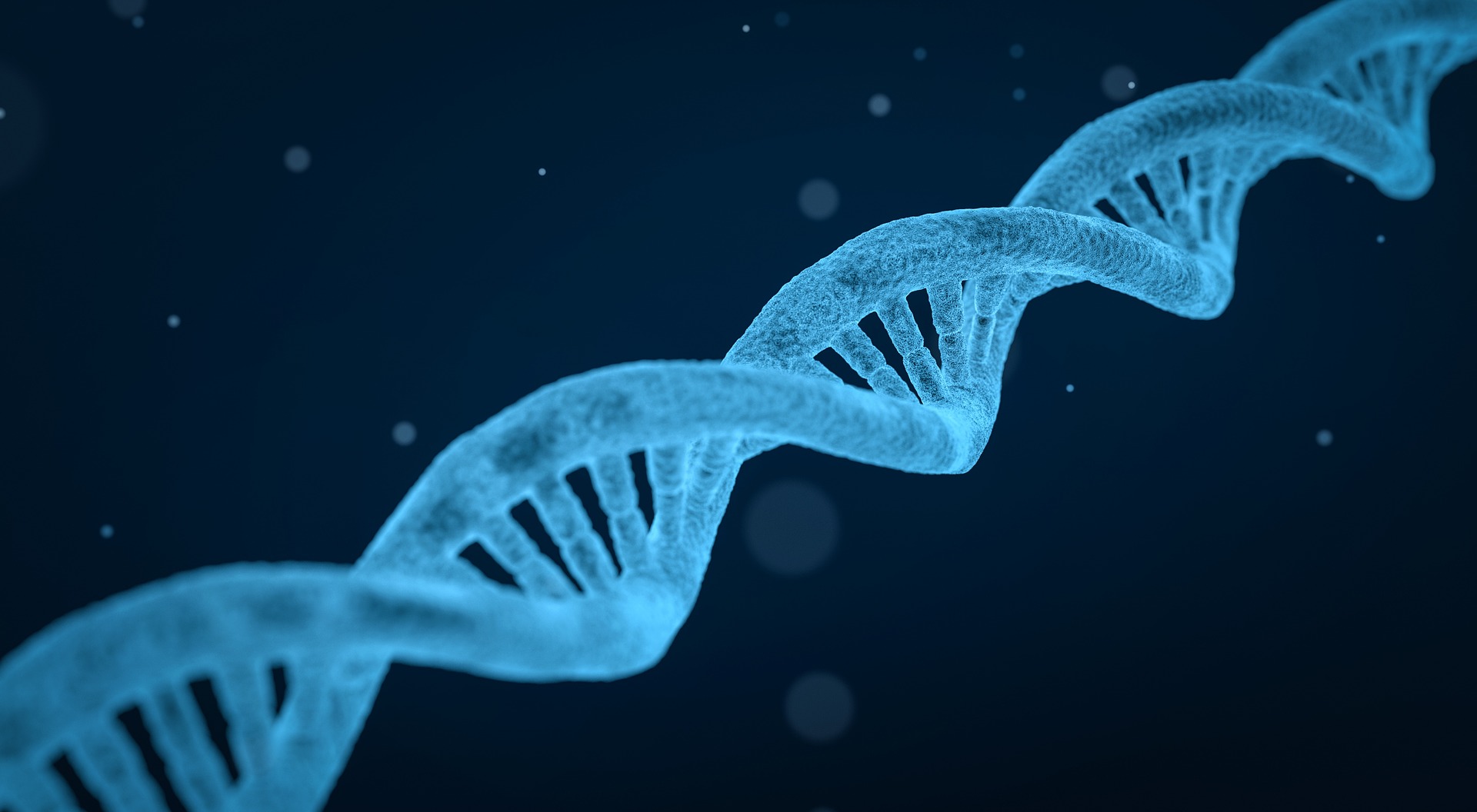He Jiankui’s Genetic Misadventure, Part 3: What Are the Major Ethical Issues?
By Jing-Bao Nie and Alexander T.M. Cheung,
The Hastings Center
| 01. 10. 2019
In their single-minded venture of “producing” (shengchan, in their own word) the world’s first gene-edited babies, He Jiankui and his associates have posed numerous and daunting ethical challenges to China and the world. They can be mapped or identified through these four categories:
- typical problems related to research ethics;
- broader political, socio-cultural, and transcultural issues;
- fundamental ethical questions on the use of gene editing in human reproduction itself; and
- even more fundamental matters on the moral goals of science and technology.
Different levels of ethical issues should be explored in an interconnected and interdisciplinary approach, but it is important to note that ethical soundness on one dimension does not mean moral justification on any other level or dimension.
Some prominent U.S. scientists, including George Church at Harvard, have offered a defence of He’s human experimentation on two grounds. First, genetically editing humans can be ethically justifiable. Second, the international community and Chinese society are bullying He for having not done “the paperwork right.” Church says he feels “an obligation to be balanced” about He’s case. Some international and Chinese...
Related Articles
By Scott Solomon, The MIT Press Reader | 02.12.2026
Chris Mason is a man in a hurry.
“Sometimes walking from the subway to the lab takes too long, so I’ll start running,” he told me over breakfast at a bistro near his home in Brooklyn on a crisp...
By Diaa Hadid and Shweta Desai, NPR | 01.29.2026
MUMBRA, India — The afternoon sun shines on the woman in a commuter-town café, highlighting her almond-shaped eyes and pale skin, a look often sought after by couples who need an egg to have a baby.
"I have good eggs,"...
By George Janes, BioNews | 01.12.2026
A heart attack patient has become the first person to be treated in a clinical trial of an experimental gene therapy, which aims to strengthen blood vessels after coronary bypass surgery.
Coronary artery bypass surgery is performed to treat...
By Staff, ScienceDaily | 01.05.2026
Scientists at UNSW Sydney have developed a new form of CRISPR technology that could make gene therapy safer while also resolving a decades-long debate about how genes are switched off. The research shows that small chemical markers attached to DNA
...




